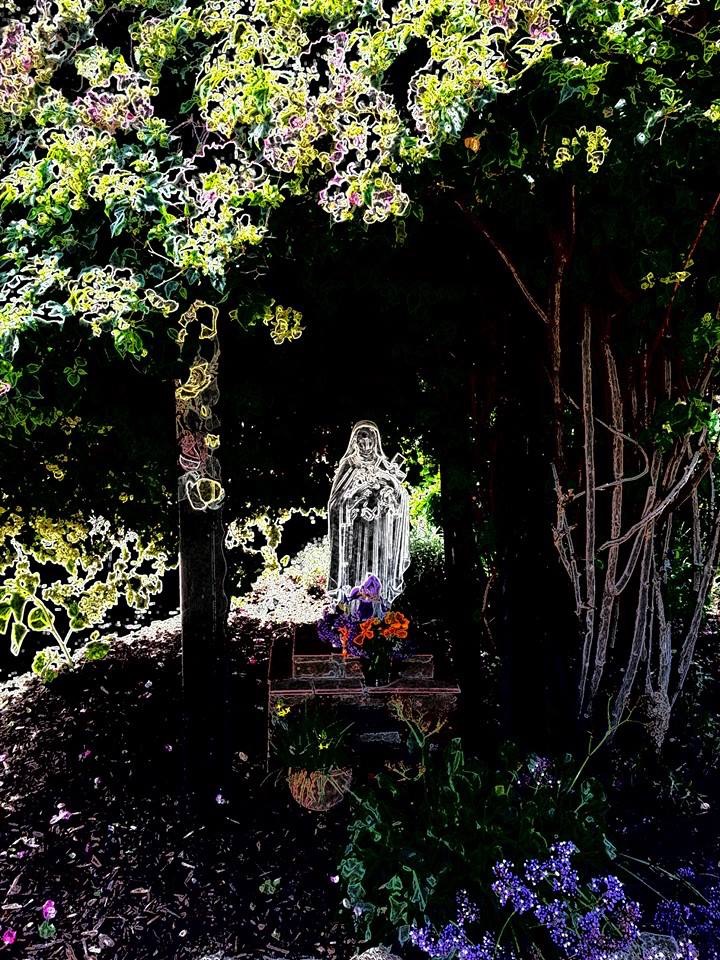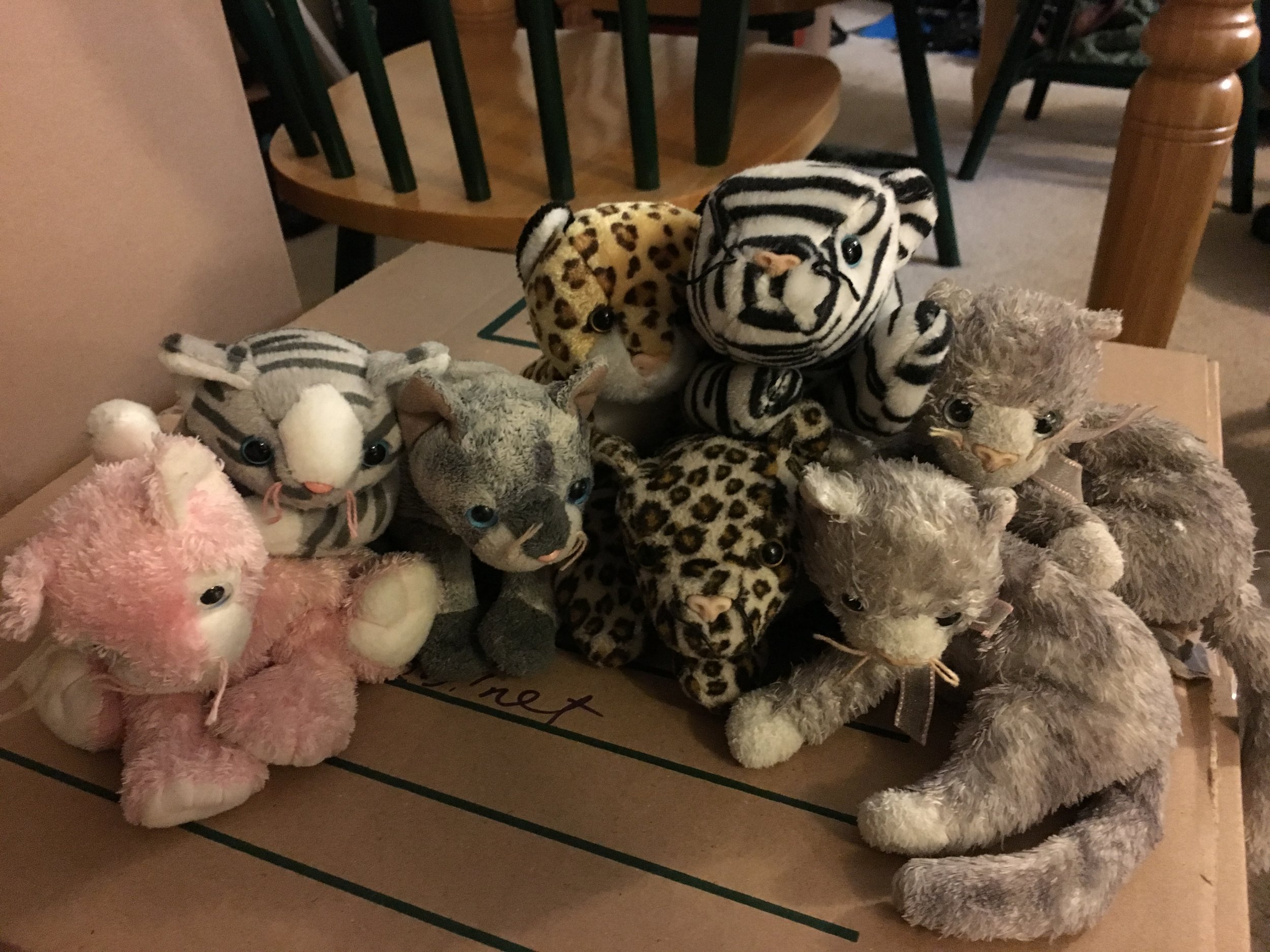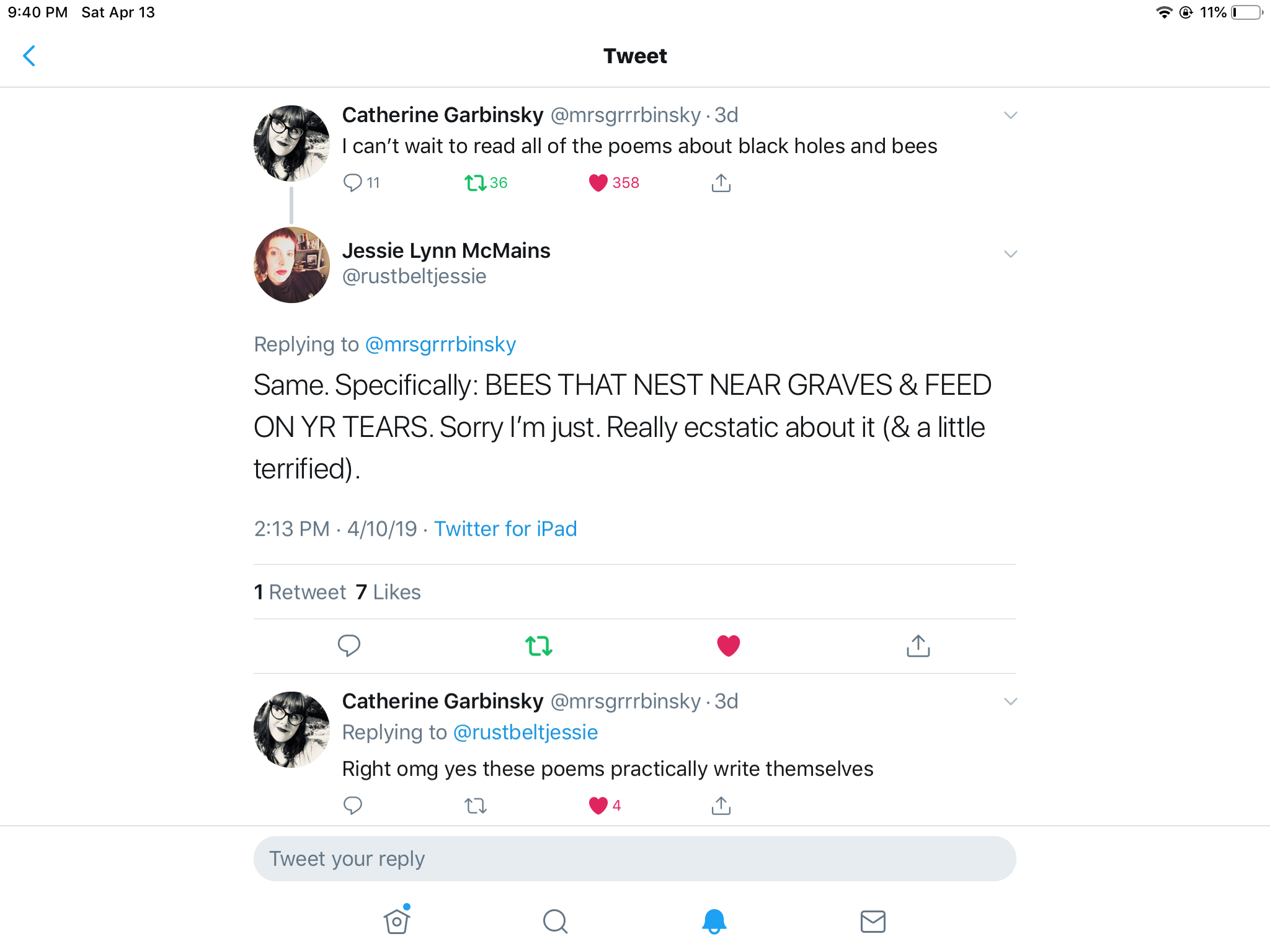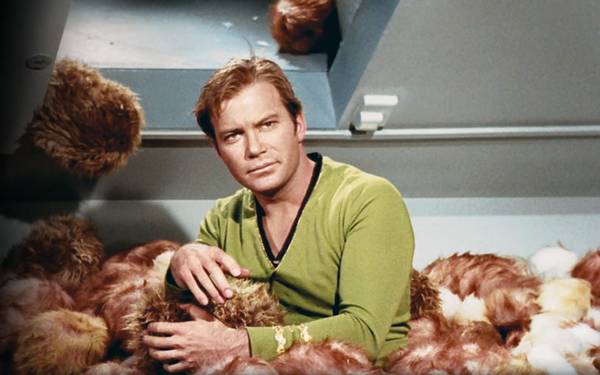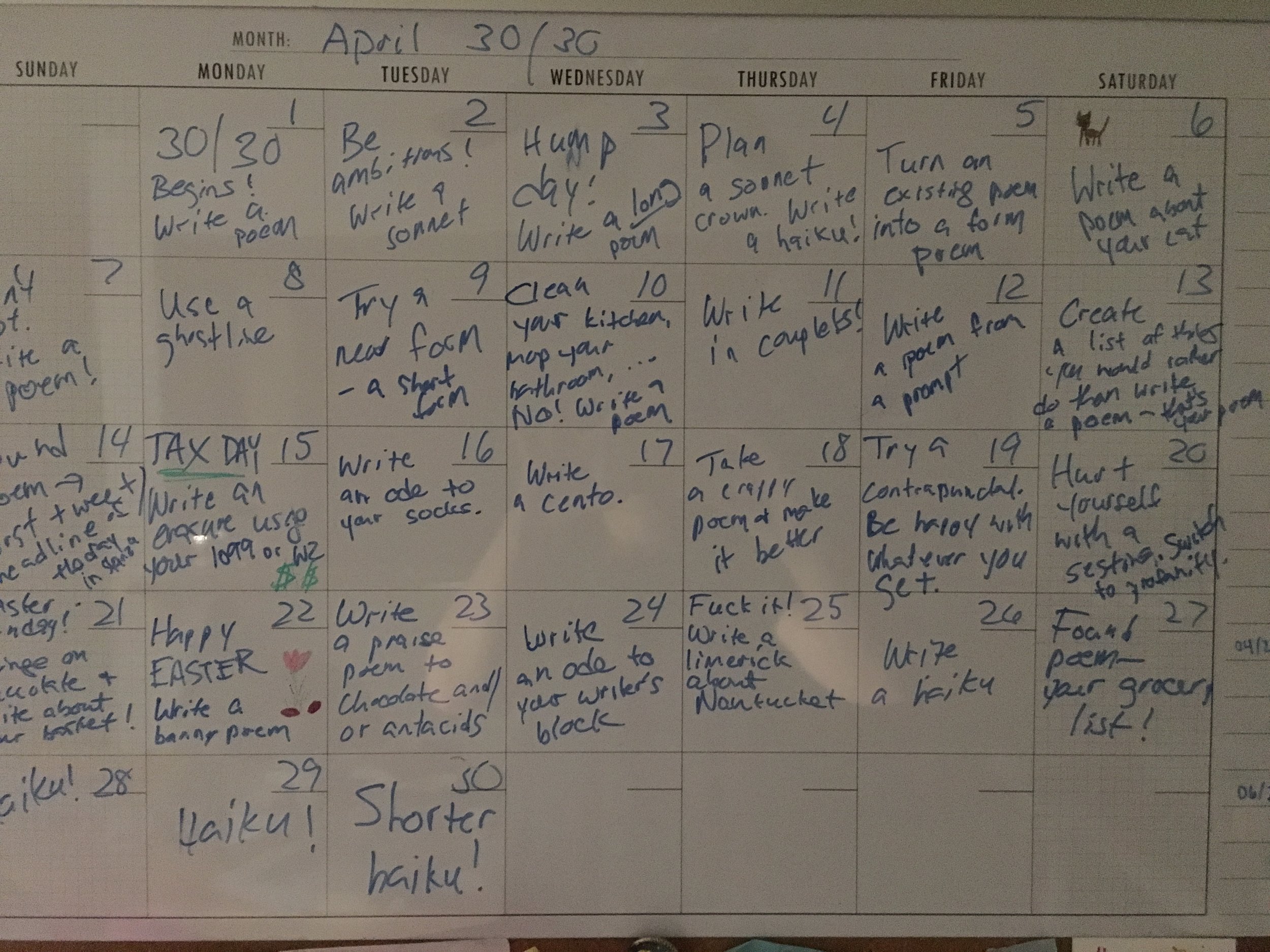We were all told to be good, to follow the rules, to listen to the adults, to obey. But then we were born in a world in which the adults lied, cheated, and destroyed, and they wrote the rules. When did you break your first rule? What was it? Was the rule itself good? Was breaking it worth the consequences? For your first prompt, write about that initial rebellion.
If you did not rebel, if you’ve spent your life doing what you “should”—what were you told—what has happened? Have you inherited a piece of Earth with your goodness, or have your good intentions been your undoing? Write about the consequences of obeying. Who did you obey? Where has the path led you? What have you lost along the way?
For a third prompt, write about the rules themselves. Throw in the law of gravity, the Peter Principle, Fermi’s golden rule, and the Golden Rule. Mix and match them however you wish. Which rules are made to be broken? Which rules are made to break you?










